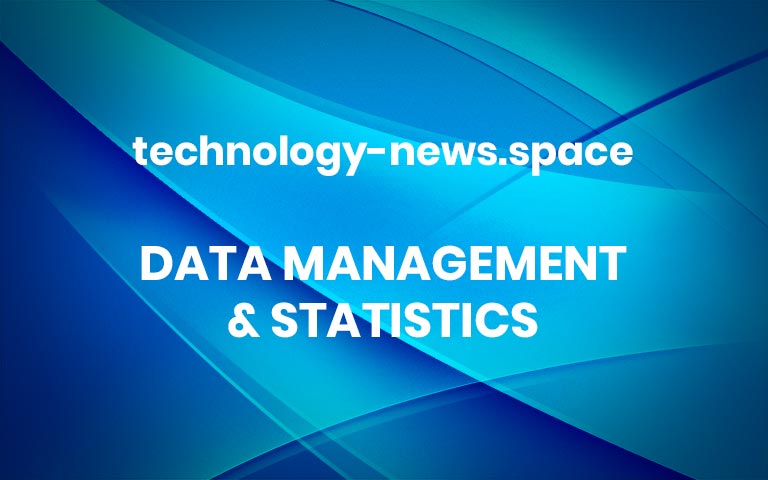What is the Covid-19 data tsunami telling policymakers?
Uncertainty about the course of the Covid-19 pandemic continues, with more than 2,500,000 known cases and 126,000 deaths in the United States alone. How to contain the virus, limit its damage, and address the deep-rooted health and racial inequalities it has exposed are now urgent topics for policymakers. Earlier this spring, 300 data scientists and […] More


